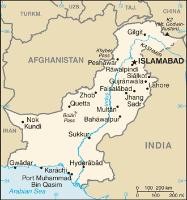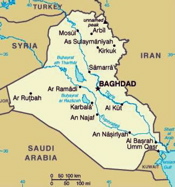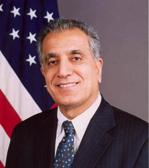
The results of Pakistan’s parliamentary elections provide a genuine opportunity for Pakistan and the United States to rebalance their relationship. For Pakistan, they are a chance to re-establish representative government. For the United States, they are a chance to demonstrate support for Pakistan’s democratic institutions. And for both countries, they are an opportunity to initiate a much healthier long-term relationship. Despite his recent appeals to European and American audiences for support, the Musharraf era is over. President Pervez Musharraf once could claim to rule Pakistan with the support of the public, the Army and the Americans, but not anymore. His […]




